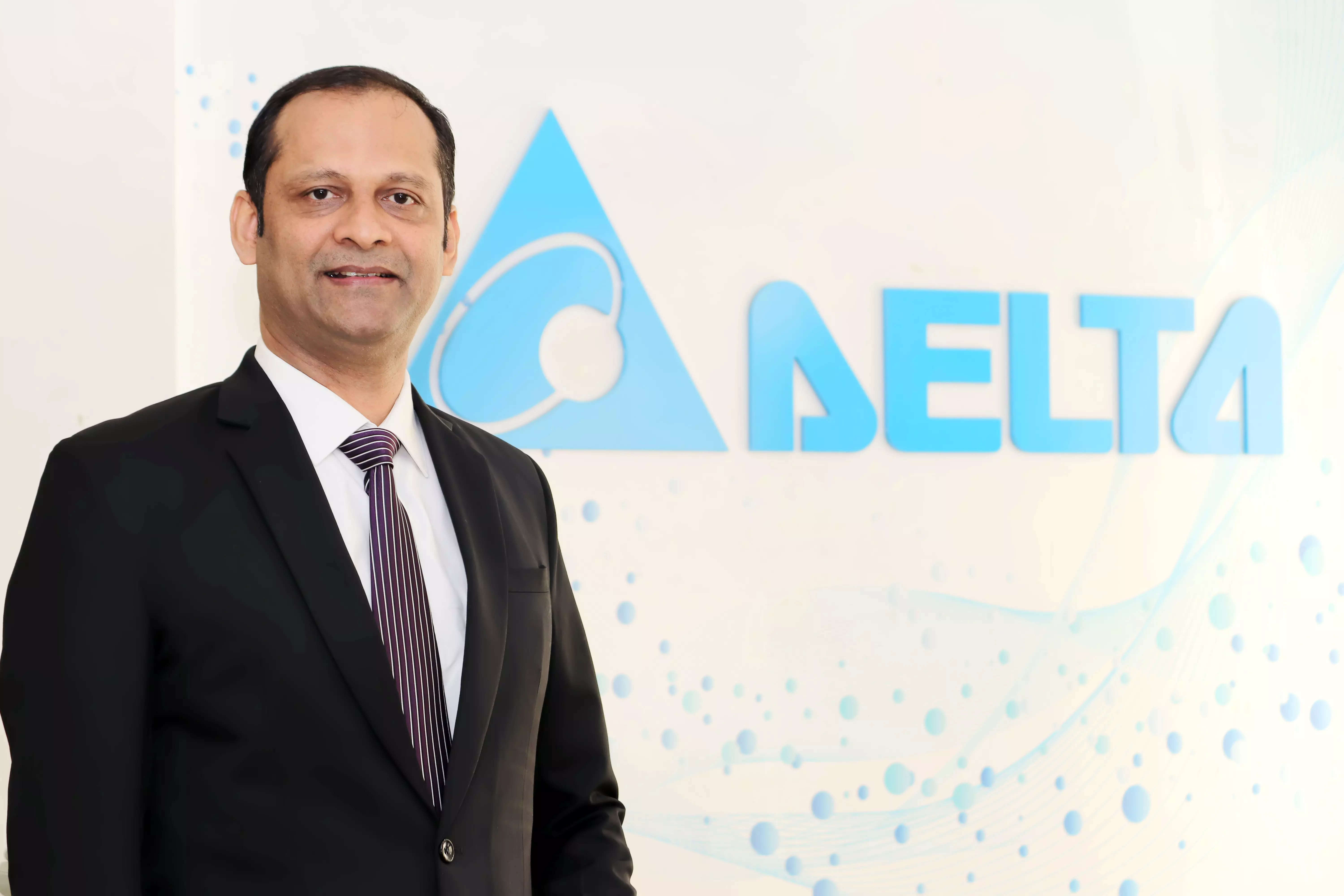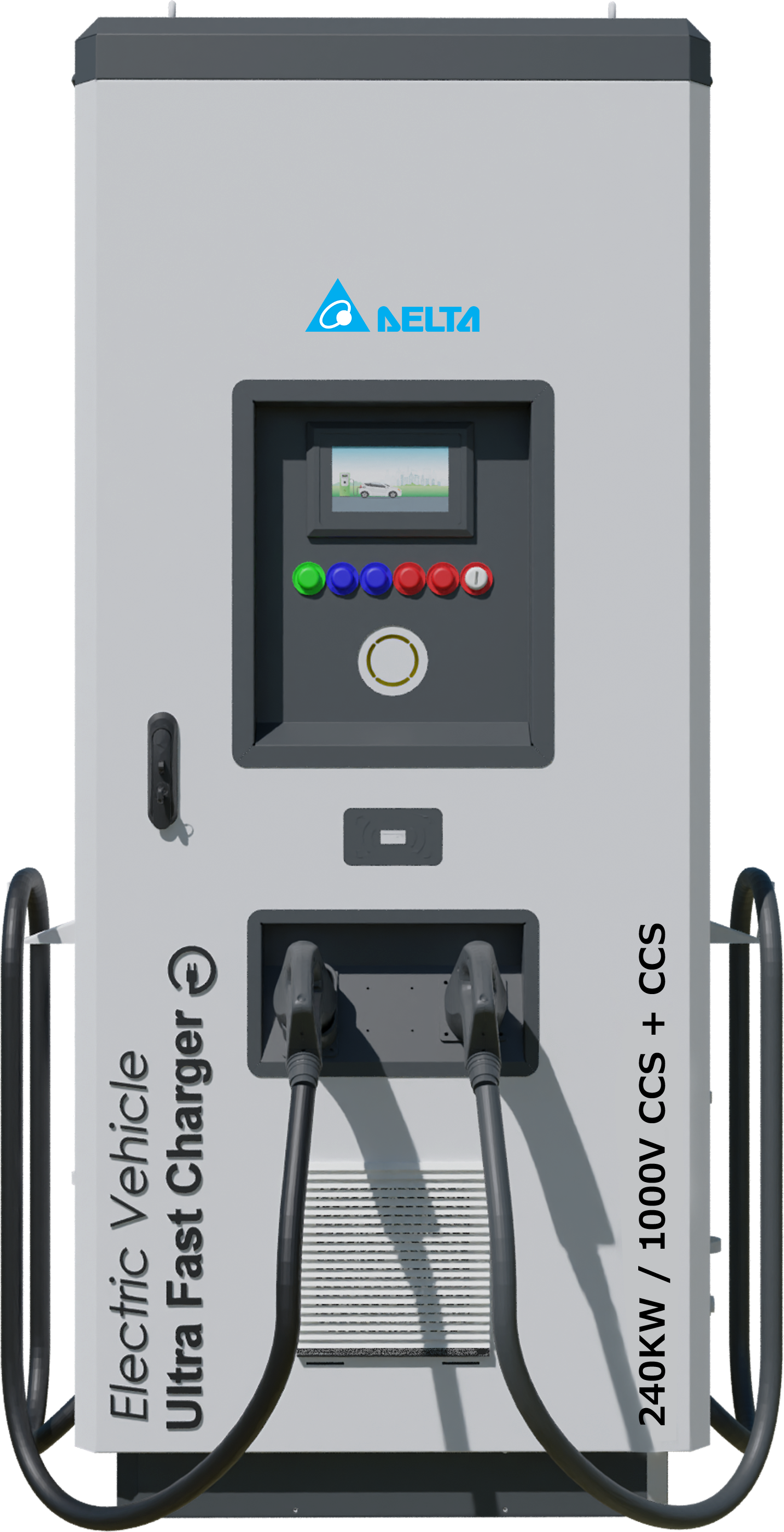
New Delhi: Delta Electronics India, which supplies charging solutions to electric vehicle makers, is keen on strengthening its R&D base as it gears up to meet future opportunities in this space.
“India has its own needs which are unique to the region and we are trying to strengthen our R&D where we have over 350 engineers for different segments,” Niranjan Nayak, Managing Director, told ETAuto.
The office in Bengaluru is capable of housing 1,500 R&D engineers which is the longterm plan for the Taiwanese-headquartered company. “We would also like to cater to global needs since the Delta management trusts the competencies here,” he added.
All in all, the key is to “build our strengths constantly in Taiwan, Thailand, China, Europe and try to be local wherever we go”. Delta India is a subsidiary of Delta Thailand which is also expanding exponentially. There are “multiple segments” to focus on like energy and telecom infrastructure, automation, power electronics and mobility which will mean supply of power electronics, traction inverters, onboard chargers etc.

Innovation the driving force
“Innovation plays a big role at Delta. We study mega trends and we feel the environment cannot be ignored either,” said Nayak. Rudrapur in Uttarakhand is its oldest facility and the other plants are located in Gurugram near Delhi and Krishnagiri in Tamil Nadu.
Krishnagiri is not 100% used yet and scaling up will take time. “We are open to creating more infrastructure if there is a need but all work in the next 3-5 years will be happening at Krishnagiri,” he said. In 2016-17, the investment committed was USD 500 million for Bengaluru and Krishnagiri but COVID delayed the pace of progress since expats were needed from Thailand and Taiwan for knowledge transfer.
With the pandemic now a distant memory, Delta has been making up for lost time and the aggressive focus on building up R&D competencies in India could mean that the next round of investments may not be too far away. Nayak, however, did not comment on this subject.
Delta recently joined hands with Tata Motors and Thunderplus Solutions to expand adoption of EVs in the commercial sector by making charging stations available. While Tatas will identify the locations, Delta will cater to supplying charging hardware and Thunderplus handle the installation and operation of these stations.
“The light commercial vehicle segment is also important to us and our idea was to come up with a suitable product here while looking at logistics management etc. Fortunately, some big brands are working in this direction and it makes sense to team up. Third party partners like Thunderplus will play a big role and that is how the three of us managed to close the deal,” said Nayak.
Growing the Tata alliance
The first phase of this agreement will cover 50 cities and depending on how things pan out, this will be spread to more locations subsequently. Delta has had other alliances in the car and two-wheeler space but the latest with Tata Motors “is one of the major ones”.
The company had started its electric charger journey in 2016 with Reva. Nayak reiterated that Delta “comes from a technology point of view” when it comes to designing chargers. “This is our business model…we design technology and work with everybody for charging solutions and onboard components,” he said.
In LCVs, this three-way alliance with Tatas is a first of this kind even while talks are on with other players in this product segment. “We need to evolve with some kind of a business model in India’s EV journey which works for all. It’s hard for everyone to do it on their own even if they can and it is always better to go with a win-win ecosystem. This foray with Tata Motors is the first for us in LCVs and having the best business model is an imperative,” said Nayak.
Delta also supplies its charging solutions to utilities like the Bangalore Metro and, as a technology platform, “we serve everybody with our charging solutions”. It has also been supplying e bus chargers (180 kW and 240 kW with higher capacities planned in the future) for the last 18 months. There are installations in place at depots across Mumbai, Ahmedabad and Bengaluru.
“We cater to the complete portfolio from 2-wheelers to e-buses and have global solutions in place for e-bicycles. We are also coming up with specific solutions in India for areas like e-agriculture equipment and this is where local R&D will help. We also have low voltage solutions for startups like Yulu,” said Nayak.
To learn more about the electric vehicle ecosystem and meet the key industry leaders, click here.
















